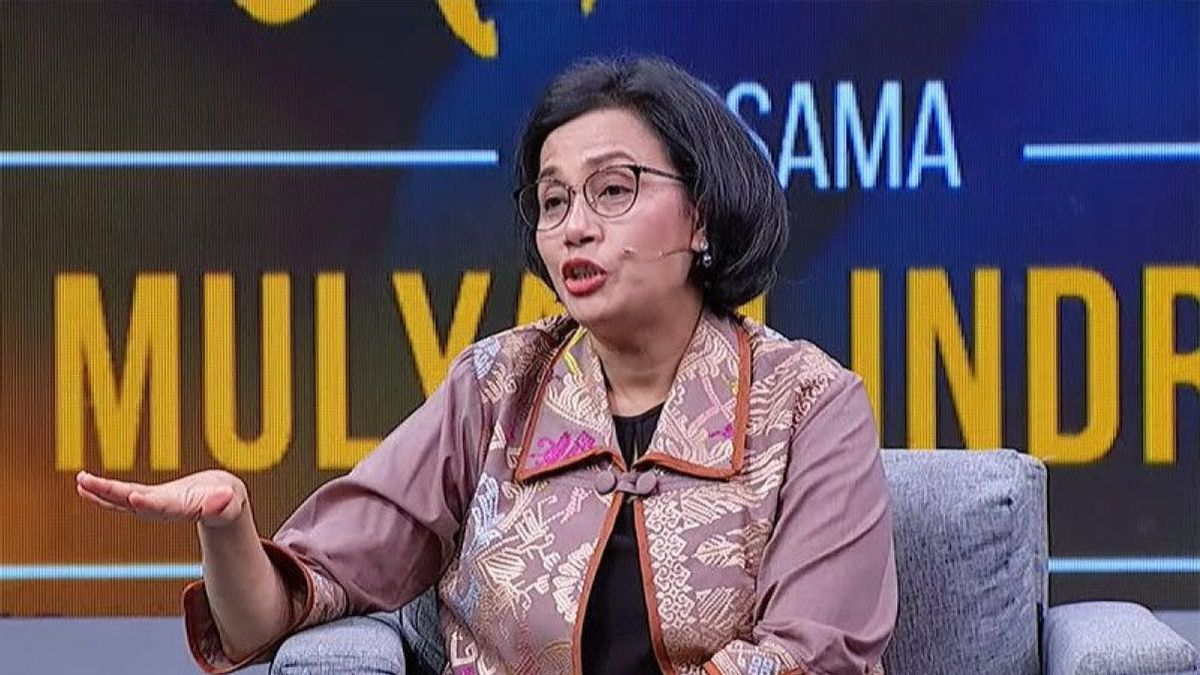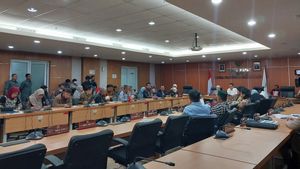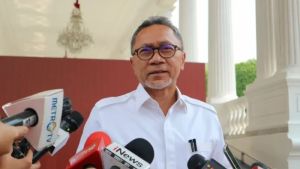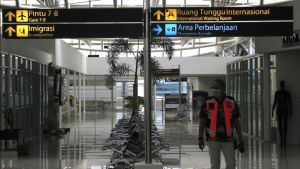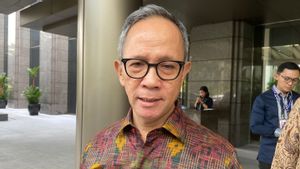Minister of Finance Sri Mulyani Indrawati revealed that the realization of the social assistance budget (bansos) until February 2024 was IDR 22.5 trillion, an increase of 135.1 percent when compared to the realization in the same period last year of IDR 9.6 trillion.
"Our social assistance budget jumped sharply from Rp9.6 trillion last year to Rp22.5 trillion, an increase of 135.1 percent compared to the previous year," Sri Mulyani said in a working meeting with Commission XI of the Indonesian House of Representatives, Tuesday, March 19.
According to Sri Mulyani, the increase in social assistance spending was influenced by the distribution of the first phase of the Family Hope Program (PKH) in January and the distribution of the basic food card program in February.
Sri Mulyani explained that the realization of social assistance was channeled through the Ministry of Social Affairs amounting to Rp12.8 trillion for the distribution of PKH for 10 million KPM and basic food cards for 18.7 million KPM.
"The Ministry of Health is IDR 7.7 trillion for PBI PBI assistance for the JKN Program for 96.7 million participants," he said.
Furthermore, it was distributed through the Ministry of Education and Culture for IDR 900 billion for a thousand students who received the Indonesia Smart Program (PIP) and KIP program for college for 105.1 thousand students.
SEE ALSO:
Then by the Ministry of Religion amounting to Rp1.1 trillion for PIP for 1.4 million students and KIP for lectures for 11.1 thousand students. For BNPB Rp800 billion for disaster emergency response.
Sri Mulyani said that lastly, food assistance to overcome food insecurity for the poor and vulnerable was channeled through 3 programs.
First, rice assistance to 22 million KPM in 6 months, the realization until the first quarter of 2024 reached 422 thousand tons or 63.94 percent of the total aid.
Second, food/heavy assistance for chickens and eggs that will be given to 1.4 million KPM with stunting toddlers for 6 months has not been realized. Finally, direct cash assistance for mitigating food risk has not been realized.
The English, Chinese, Japanese, Arabic, and French versions are automatically generated by the AI. So there may still be inaccuracies in translating, please always see Indonesian as our main language. (system supported by DigitalSiber.id)
